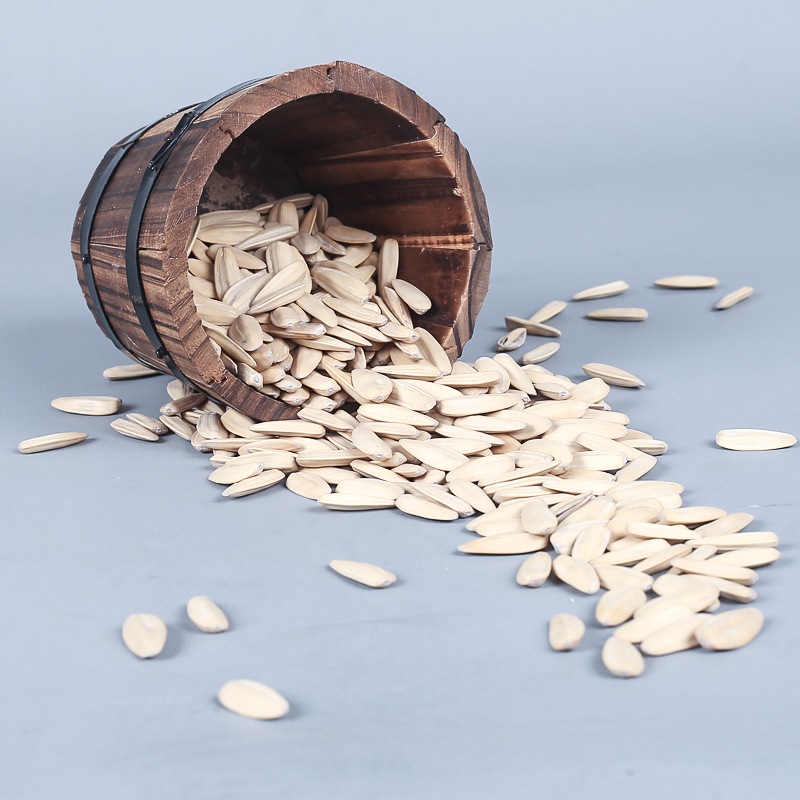-
 Afrikaans
Afrikaans -
 Albanian
Albanian -
 Amharic
Amharic -
 Arabic
Arabic -
 Armenian
Armenian -
 Azerbaijani
Azerbaijani -
 Basque
Basque -
 Belarusian
Belarusian -
 Bengali
Bengali -
 Bosnian
Bosnian -
 Bulgarian
Bulgarian -
 Catalan
Catalan -
 Cebuano
Cebuano -
 Corsican
Corsican -
 Croatian
Croatian -
 Czech
Czech -
 Danish
Danish -
 Dutch
Dutch -
 English
English -
 Esperanto
Esperanto -
 Estonian
Estonian -
 Finnish
Finnish -
 French
French -
 Frisian
Frisian -
 Galician
Galician -
 Georgian
Georgian -
 German
German -
 Greek
Greek -
 Gujarati
Gujarati -
 Haitian Creole
Haitian Creole -
 hausa
hausa -
 hawaiian
hawaiian -
 Hebrew
Hebrew -
 Hindi
Hindi -
 Miao
Miao -
 Hungarian
Hungarian -
 Icelandic
Icelandic -
 igbo
igbo -
 Indonesian
Indonesian -
 irish
irish -
 Italian
Italian -
 Japanese
Japanese -
 Javanese
Javanese -
 Kannada
Kannada -
 kazakh
kazakh -
 Khmer
Khmer -
 Rwandese
Rwandese -
 Korean
Korean -
 Kurdish
Kurdish -
 Kyrgyz
Kyrgyz -
 Lao
Lao -
 Latin
Latin -
 Latvian
Latvian -
 Lithuanian
Lithuanian -
 Luxembourgish
Luxembourgish -
 Macedonian
Macedonian -
 Malgashi
Malgashi -
 Malay
Malay -
 Malayalam
Malayalam -
 Maltese
Maltese -
 Maori
Maori -
 Marathi
Marathi -
 Mongolian
Mongolian -
 Myanmar
Myanmar -
 Nepali
Nepali -
 Norwegian
Norwegian -
 Norwegian
Norwegian -
 Occitan
Occitan -
 Pashto
Pashto -
 Persian
Persian -
 Polish
Polish -
 Portuguese
Portuguese -
 Punjabi
Punjabi -
 Romanian
Romanian -
 Russian
Russian -
 Samoan
Samoan -
 Scottish Gaelic
Scottish Gaelic -
 Serbian
Serbian -
 Sesotho
Sesotho -
 Shona
Shona -
 Sindhi
Sindhi -
 Sinhala
Sinhala -
 Slovak
Slovak -
 Slovenian
Slovenian -
 Somali
Somali -
 Spanish
Spanish -
 Sundanese
Sundanese -
 Swahili
Swahili -
 Swedish
Swedish -
 Tagalog
Tagalog -
 Tajik
Tajik -
 Tamil
Tamil -
 Tatar
Tatar -
 Telugu
Telugu -
 Thai
Thai -
 Turkish
Turkish -
 Turkmen
Turkmen -
 Ukrainian
Ukrainian -
 Urdu
Urdu -
 Uighur
Uighur -
 Uzbek
Uzbek -
 Vietnamese
Vietnamese -
 Welsh
Welsh -
 Bantu
Bantu -
 Yiddish
Yiddish -
 Yoruba
Yoruba -
 Zulu
Zulu
សីហា . 17, 2024 03:16 Back to list
Water Content in Sunflower Seeds A Guide for Manufacturers and Quality Control
The Importance of Water Content in Sunflower Seed Production
Sunflower seeds are a popular snack and ingredient across various culinary practices, known for their rich flavor and numerous health benefits. When it comes to the manufacturing of sunflower seeds, one crucial factor is often overlooked the water content. The right balance of water not only affects the seeds’ quality but also influences the entire production process, from cultivation to packaging.
Understanding Water Content
Water content in sunflower seeds is a key indicator of their freshness and nutritional value. Generally, fresh sunflower seeds contain about 5-10% moisture. If the water content is too high, it can lead to spoilage, mold growth, and a decline in shelf life. Conversely, seeds that are too dry can be brittle and lose their natural oils, impacting their flavor and overall quality.
Cultivation and Watering Techniques
Throughout the cultivation phase, farmers must carefully manage irrigation techniques to ensure sunflowers receive the optimal amount of water. Sunflowers are relatively drought-tolerant, but they require consistent moisture during germination and flowering stages. Insufficient watering can lead to poor seed development, while excessive watering can saturate the soil, causing root rot and other diseases.
Modern agricultural practices, including precision irrigation, have been implemented to monitor soil moisture levels closely. Using sensors and data analytics, manufacturers can determine the ideal watering schedule, ensuring that the sunflowers thrive and produce high-quality seeds. This careful management helps achieve seeds with appropriate moisture content.
Harvesting and Processing
water sunflower seeds manufacturer

Once the sunflowers are harvested, the focus shifts to processing. The seeds need to be dried to the correct moisture level post-harvest, as improper drying can result in a decrease in quality. Manufacturers typically use advanced dryers that control temperature and airflow, ensuring that the seeds retain their essential nutrients while reducing moisture to ideal levels.
During this stage, quality control becomes vital. The seeds are tested for moisture, oil content, and overall quality. Maintaining the right water percentage throughout processing is essential for ensuring that the seeds remain appealing to consumers and retain their nutritional properties.
Packaging and Storage
The final phase of sunflower seed production involves packaging and storage. Proper packaging is crucial in preserving the seeds' freshness and preventing moisture from entering. Manufacturers utilize vacuum-sealed bags or airtight containers designed to keep seeds dry while also allowing for minimal exposure to light and air.
Moreover, storage conditions play a pivotal role in maintaining quality. Sunflower seeds should be stored in cool, dry environments to prevent moisture accumulation, which can lead to spoilage and rancidity. Manufacturers must be vigilant about monitoring storage conditions to ensure the seeds' quality is not compromised.
Conclusion
In conclusion, water content is a fundamental aspect of sunflower seed manufacturing, influencing every phase from cultivation to packaging. By employing modern agricultural practices and advanced processing techniques, manufacturers can optimize the water levels in sunflower seeds, ensuring a high-quality product that meets consumer expectations. As we continue to enjoy sunflower seeds for their taste and health benefits, it is important to recognize the meticulous processes behind their production, driven significantly by the careful management of water content.
-
Premium Selected Sunflower Seeds Exporters & Manufacturer Quality Guaranteed Factories
NewsJun.10,2025
-
Original Sunflower Seed Suppliers & Manufacturers - Top Exporters & Factories for Quality Seeds
NewsJun.10,2025
-
Premium Selected Sunflower Seeds Suppliers & Manufacturers
NewsJun.10,2025
-
Organic Sunflower Seeds for Healthy Snacks Wholesale Supply
NewsJun.10,2025
-
High-Quality Selected Sunflower Seeds Suppliers for Export
NewsJun.10,2025
-
Premium Original Sunflower Seeds Natural & Nutritious Snack
NewsJun.09,2025
